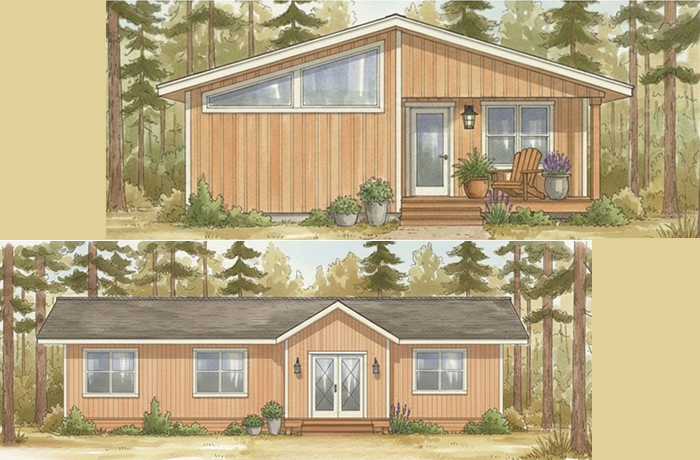Becoming Ballot Wise: Sustainable Waste Options
In response to this week’s County Counsel meetings, I’m advocating for two things: 1) an educational process for remodeling toxic waste practices locally, for schools, households, neighborhoods, and businesses; and 2) a citizen task force to research and recommend valid options for initiating minimal to zero waste systems in our county.
It’s time to practice stewardship 101 from here on out. Mothers, fathers, educators: decisions may be made that keep us in a parasitical relationship to the finite resources here. Pivotal conversations are on the table for immediate and longterm policies, to be delivered in the traditional black and white ballot format. There is no acceptable margin of safety for trashing our land and water, nor for delivering our waste to any distant, unsustainable facility. The buck stops here because we own it.
Where there is money, time, and resources to be spent, let these be on alternatives we know are working elsewhere. Denmark and Japan have models that are replicable to our area. I want more than a plan A or B on the ballot, since I cannot, in clean conscience, vote for either one at present. If a plan C can be formed by the citizens of our county, then it will represent the voice of a community consensus. The golden rule must not be suppressed on any issue. The well being of the many must weigh upon the individual right until a consensus can be established. A consensus retreat could be created and the necessary voices and options can be sanely heard.
Please take a few minutes to look up “sustainable solid waste options” online, including the following, https://en.wikipedia.org/wiki/Proximity_principle .
I believe there are enough creative, curious, and conscientious people here to invest in a wisdom process on these issues. We can call in an independent agency for what we don’t understand, and make a commitment to support what we can.
Morgan Meadows, Eastsound
**If you are reading theOrcasonian for free, thank your fellow islanders. If you would like to support theOrcasonian CLICK HERE to set your modestly-priced, voluntary subscription. Otherwise, no worries; we’re happy to share with you.**








Morgan, we may be too late for this year’s vote (affirmative for islanders sharing the cost per ownership parcel on an annual basis, giving us the privilege of using the disposal facility). On going, however, I’m interested in an intensive county-wide education process as you describe, where our left-over disposals are minimal. Ideas come to mind: biofuel from vegetable matter, recycled paving material. Kudos to the Exchange for doing their part!
https://encyclopedia.mitrasites.com/imgs/waste-to-energy.html
Good direction. Current options are perverse: the less waste we generate the more we pay–and we have steadily been reducing our waste! When the amount of waste gets super low, then what happens? Until then, use what you buy; advocate for reduced packaging or don’t buy things that are over packaged; aim for reducing whatever number of dump cans you generate to half that amount; then halve that again. Don’t take that brown or new plastic bag ever again (unless your reused ones can’t hold stuff anymore). Use the exchange! Public education and direct action is a huge option and you don’t have to wait for the County to decide what they must–just reduce now, and play a game with yourself to reduce it even more. Waste management is going to be very expensive for us because we have to transport it and its cheaper to service SJC if we make more waste, rather than less, but that’s not RIGHT is it?–so lets just reduce anyway in spite of how messed up things are and see what happens then.
I vote for Martha’s approach to reduce waste.
At last week’s Council meeting, I asked one of the Public Works representatives (whose name I failed to get) what he thought the best way to reduce waste was and he said: “don’t let it come here in the first place.” That was one of the most intelligent comments I’ve heard. A citizen’s task force is a great idea and when citizens get together to solve problems, we come up with great solutions because many heads together are creative and resourceful.
Re: recycled paving: I’m all for it, but as someone who bicycles, I am not for glass. It’s very hard for both bicyclists and drivers to see with the glare caused by sunlight on glass, and a bicyclist can’t tell if the glass they’re seeing is in the road or broken glass that will shred their tires. If we could find a way to use crushed glass for other purposes and find a no-glare recycled paving material, that would be helpful.